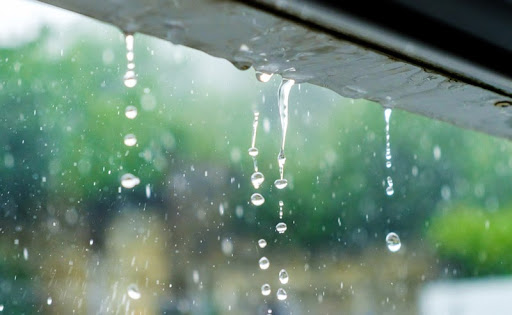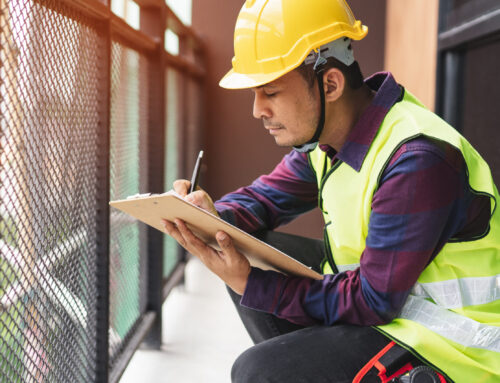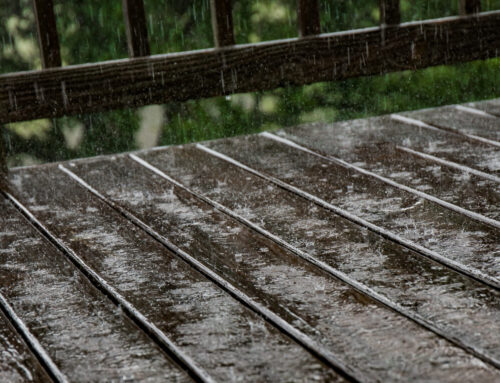Now that the rainy season is upon us, we all must take extra care to not let it into any of our homes, office buildings or other developments. It can not only be harmful to the people living in these residences, but also can do a lot of damage to the actual structure of the building. Two areas that must be kept under surveillance are elevator pits and basements. These spots are susceptible because the roof can leak into these areas, and when the water sits at the bottom, only bad things happen. This is why it is necessary to take extra precautions and waterproof these two areas of your building or home. Here is a list of tips that you can use in order to prevent a water leak.
Elevator Pits
Sump Pump
For those of you who have not heard of what a sump pump is, it is a pump that channels water away from sump basins. When water accumulates in the sump basin or pit, the sump pump will forcibly remove the water using a discharge pipe. What this means is, if water begins to accumulate in your elevator pit due to a leaky ceiling, or water leak, the sump pump will get rid of that water so no further damage happens.
Hoistway
The hoistway is the area where the elevator moves up and and down, this must be kept extra dry for this specific reason. If you know a storm is coming, or the rainy season is about to get more intense, inspect the hoistway for any dampness or leaking. Make sure to close all vents and doors at the top of the hoistway, to ensure that no water can get in.
Machine Room
The elevator machine room is extremely important to the functionality of the elevator and can be vulnerable during bad weather. This room must be inspected and maintained constantly. Due to it being where all the electrical machines that allow the elevator to function are located. If something goes wrong here, it could be catastrophic to your building. If you see any signs of water damage, you must immediately get it cleaned, restored and waterproofed.
Basements
Waterproof the Basement Floor
The foundation is the strongest part of the home, however, over time cracks and damage can accumulate and cause problems. You must make sure that you have your basement floor professionally waterproofed from the get-go, and have inspections performed regularly. If something happens to the foundation it can dramatically affect the rest of your home.
Seal Gaps/Cracks in Walls
As you inspect your basement, make sure to look for any cracks or gaps in the walls where water may be leaking from. You’ll first have to make sure that no more water is coming out and the area is dry before you use a sealant on the crack. You should still call a professional to make sure it has been done correctly, and there is no damage to other areas that may have been missed.
The Importance of Inspections
In the end, the longevity of your building is what really matters. And if you want to keep your property in tip-top shape, you’ll need to make sure you are having all of your underground structures (as well as your above-ground ones) regularly inspected. If there are cracks in your basement walls, or water collecting in your elevator pit — the damage will be severe. To protect your building, and your peace of mind, contact the experts at WICR. With over 40 years of experience, our waterproofing and construction professionals can protect your property for the long run, so you can enjoy it in the rainy season, the summer months and everything in between.









